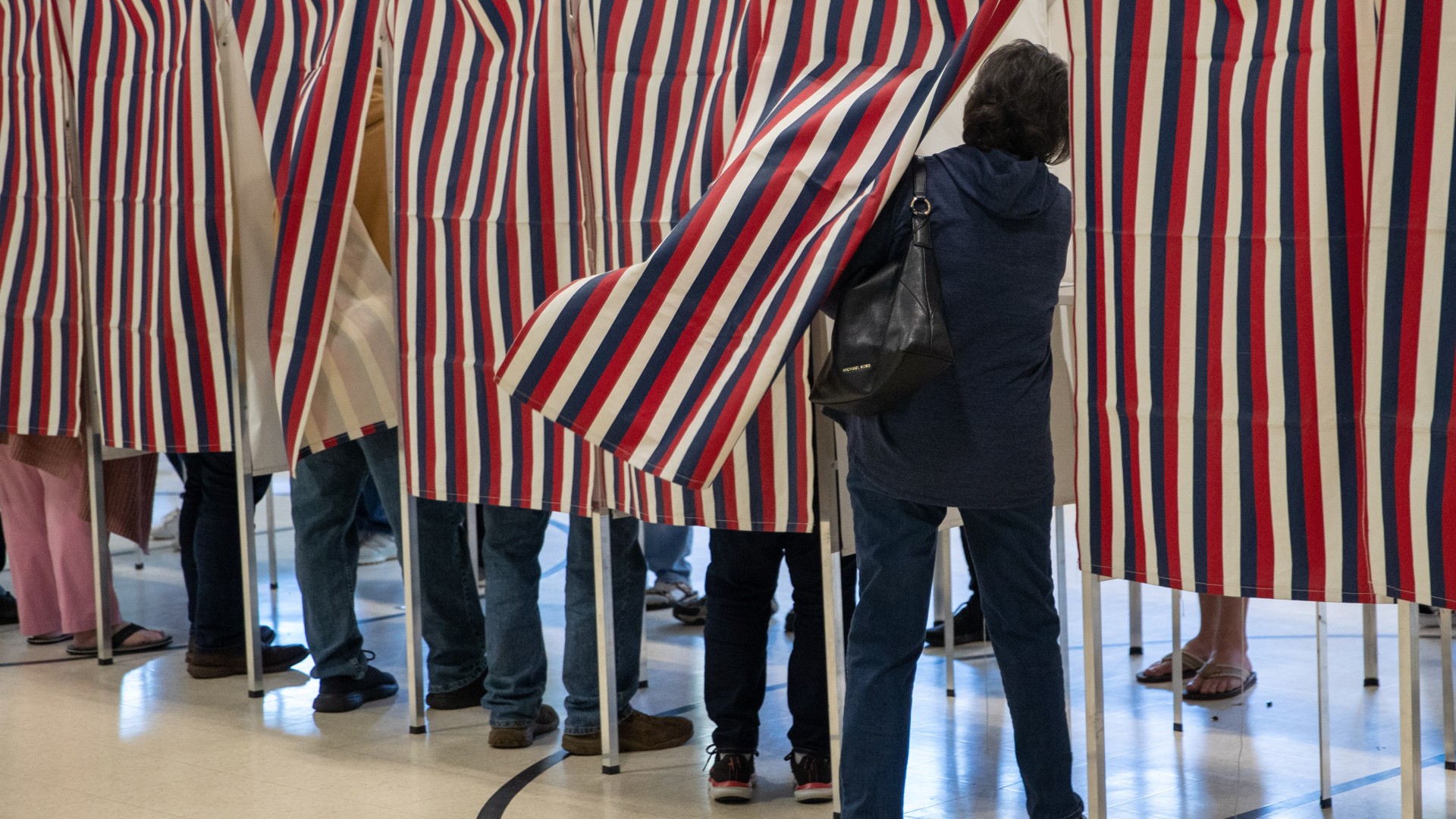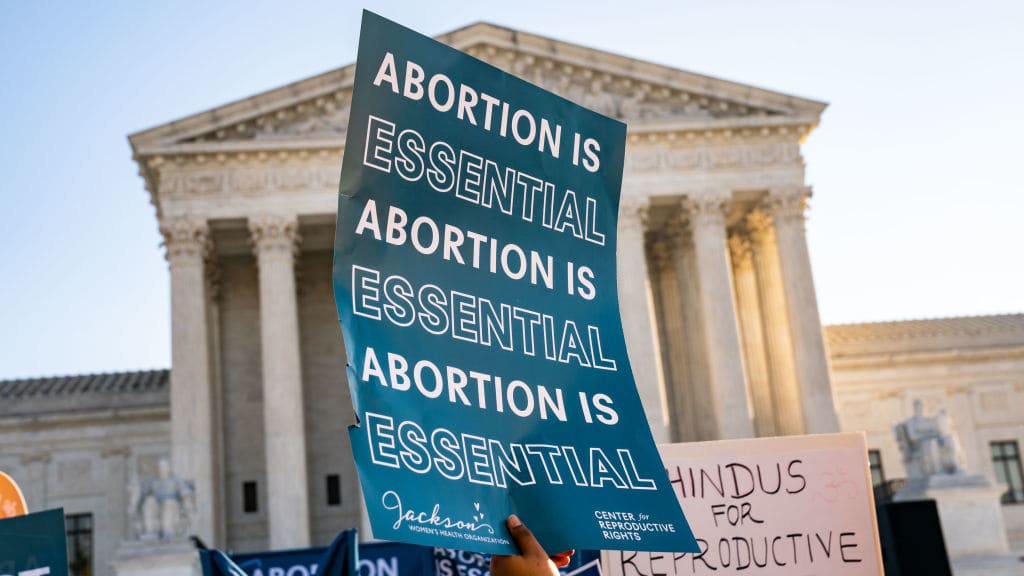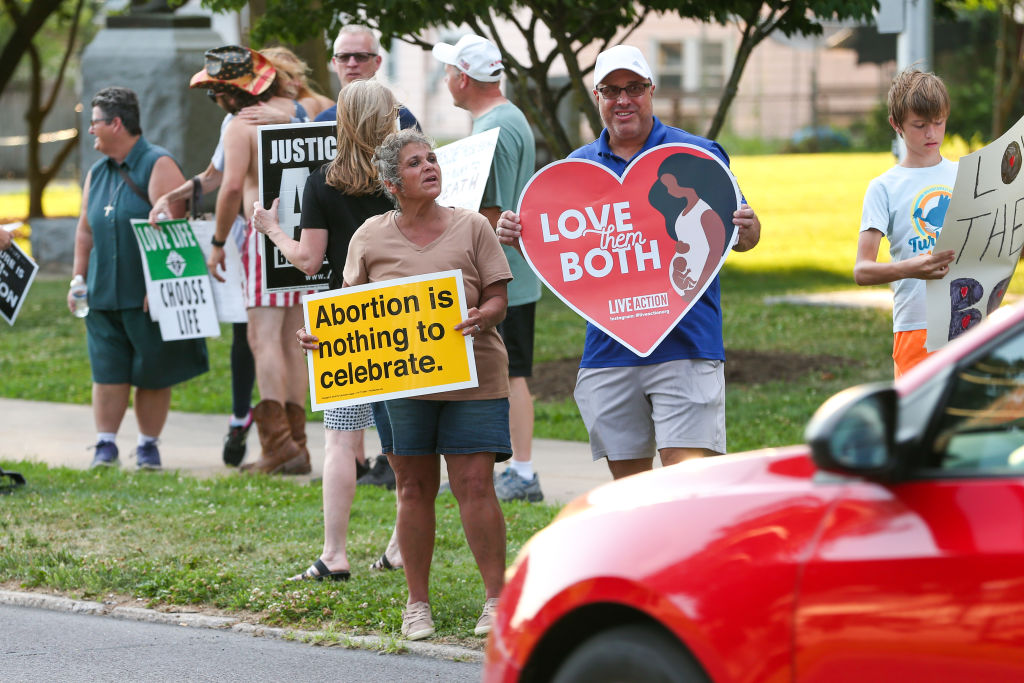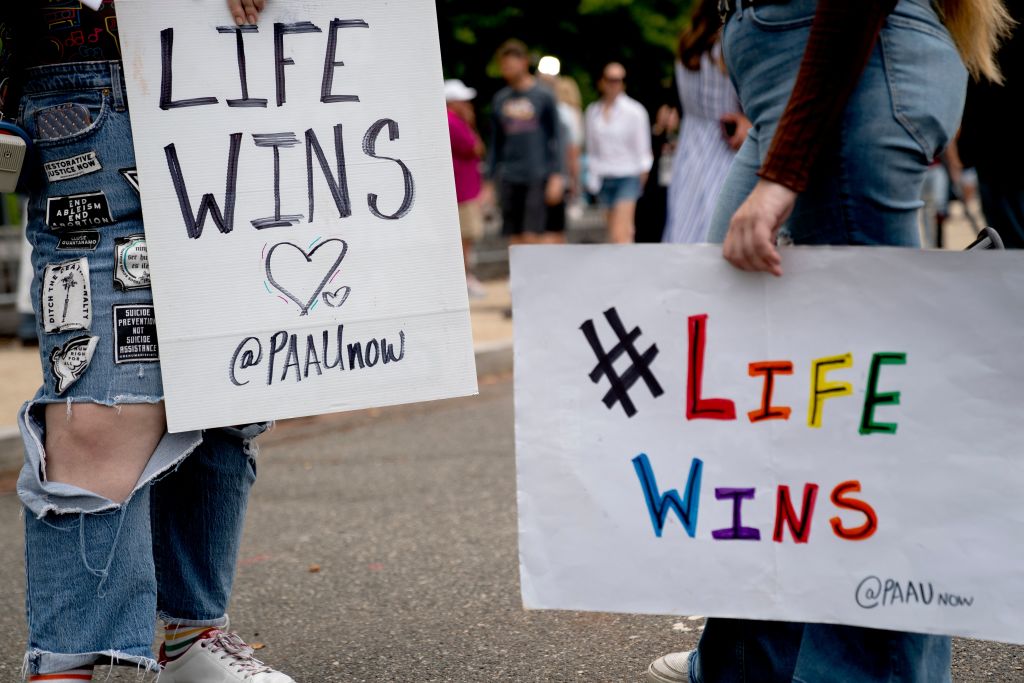Pros and cons of compulsory voting
Higher turnout minimises polarisation but critics point to the 'right not to vote'

A free daily email with the biggest news stories of the day – and the best features from TheWeek.com
You are now subscribed
Your newsletter sign-up was successful
Labour secured a massive Commons majority at last year’s general election with the support of just one in five eligible voters. The party won nearly two-thirds of MPs (63%) with just a third of the votes (34%). That is partly the result of the UK’s first-past-the-post system for general elections, but low turnout – in this case just under 60% – is also a big factor.
“The problem of low and unequal turnout in elections risks trapping British politics in a spiral of stagnation and discontent,” said political historian David Klemperer on the Constitution Society. A new cross-party Campaign for Compulsory Voting has been launched to try to emulate the likes of Australia, Luxembourg and Singapore, where voting is a legal requirement.
There are currently 22 countries around the world that use mandatory voting, with enforcement varying from modest fines for those who fail to turn up on polling day to the naming and shaming of non-voters.
The Week
Escape your echo chamber. Get the facts behind the news, plus analysis from multiple perspectives.

Sign up for The Week's Free Newsletters
From our morning news briefing to a weekly Good News Newsletter, get the best of The Week delivered directly to your inbox.
From our morning news briefing to a weekly Good News Newsletter, get the best of The Week delivered directly to your inbox.
Pro: higher and more representative turnout
This may seem obvious, but compulsory voting leads to drastically higher voter turnout rates. In Australia, where mandatory voting was first introduced in 1925, turnout for elections hovers at around 90% of all registered voters, way more than the UK's 2024 general-election turnout of 59.7%.
Additionally, it has made taking part in elections be seen as both "a right and a duty", according to progressive journal Independent Australia. Compulsory voting underpins Australia's democracy, "and Australians have readily accepted this with their enthusiastic participation in the electoral process".
Beyond changing the culture around elections, mandatory voting has been proven to improve accessibility. Australia has taken extensive action to ensure most people have "the opportunity to vote – even the most disadvantaged", said the Harvard International Review.
"Those countries who have compulsory voting, where the penalty for not voting is a fine, and where spoiling your ballot paper is allowed as a way of signalling general discontent, tend to have healthier democracies," said Alastair Campbell for the i news site, "and healthier democracies tend to be happier places."
A free daily email with the biggest news stories of the day – and the best features from TheWeek.com
Con: infringes on individual liberty
Critics have long argued that people have a right not to cast a vote, and on a "philosophical and legal level" compulsory voting "raises the question of whether requiring citizens to vote is an appropriate infringement on individual liberty", said Policy Options.
Indeed, said Rohan Silva in The Times, "to a British sensibility the core of the Aussie electoral system feels deeply uncivic and illiberal: the legal requirement to turn up and vote or else be clobbered with a government fine of up to £100 and potentially hauled in front of a judge".
Furthermore, the US Supreme Court has already recognised the right not to speak, added the Free Speech Center, and compulsory voting could be seen as compelled speech. Choosing not to go to the polls is a form of freedom of expression.
Pro: minimises polarisation
“Casting votes regularly” makes you a part of the democratic “system”, said Marcela Valdes in The New York Times. This means voters are not so drawn to “ideas on the margins”, compared with those who never or rarely vote.
"If the full range of voters actually voted, our political leaders, who are exquisitely attuned followers, would go where the votes are: away from the extremes," Eric Lui, a former adviser to Bill Clinton, wrote in Time.
"Academic studies corroborate this view," said Silva in The Times, "suggesting that the more people who turn out to vote, the more centrist the outcome." This is said to be because "parties can't simply pander to their hardcore supporters, who tend to be more ideological and less representative of the general population".
Con: the 'uninformed voter' effect
One of the major arguments against compulsory voting is that it leads to a greater number of so-called "uninformed voters", with those who currently choose not to vote generally less educated on political issues than those who do.
Evidence suggests that new voters are more susceptible to misinformation during a campaign. The Australian political scientist Haydon Manning wrote for CNN that compulsory voting often "requires banal sloganeering and crass misleading negative advertising".
There was little evidence, for example, that mandatory voting in Brazil has led to greater knowledge about the issues in the country or elsewhere, said The Economist. Neither does a higher turnout mean that voters perceive governments to be more legitimate, it added.
There is also concern that uninformed voters, or those who simply do not care about the outcome of an election, may end up voting randomly. The impact of "random" votes "ends up being particularly detrimental because it fails to increase civic engagement and may skew election results", reported Fair Vote.
Pro: creates a fairer economy
The tendency towards non-voting is not evenly distributed among the population, but rather heavily correlated with age and class. In Britain, this manifests as an “unrepresentative electorate – richer, older, whiter, and more secure than the UK public at large”. This creates “warped incentives for politicians” to adopt policies that find favour with the “older, economically insulated minority at the expense of the wider public”, said Klemperer in The New Statesman. For this look no further than the economically illiterate but politically expedient pension triple lock, which successive governments have dared not drop for fear of angering older voters.
Where this argument “gets really interesting is the novel case it makes that such compulsion is justified to fix Britain’s poor productivity growth”, said The Economist.
Con: criminalises non-voters
While Australia has shown that only a small percentage of voters refuse to abide by the law, in a country the size of the UK or even US this would still equate to tens or hundreds of thousands of normally law-abiding citizens being penalised for not voting.
In countries that have compulsory voting, its enforcement "varies from being strict to being weak", said Policy Options. Australia, for example, imposes modest fines on citizens who do not turn up to vote, with exceptions made for those who have "valid and sufficient reasons", while other countries use "shaming", posting the names of non-voters.
But this is an uncomfortable thought for many opposed to a big state. "If Nadine Dorries is vexed about compulsory BBC licence fees, the thought of enforced voting would probably prompt her to start an armed militia," said Silva.
-
 Health insurance: Premiums soar as ACA subsidies end
Health insurance: Premiums soar as ACA subsidies endFeature 1.4 million people have dropped coverage
-
 Anthropic: AI triggers the ‘SaaSpocalypse’
Anthropic: AI triggers the ‘SaaSpocalypse’Feature A grim reaper for software services?
-
 NIH director Bhattacharya tapped as acting CDC head
NIH director Bhattacharya tapped as acting CDC headSpeed Read Jay Bhattacharya, a critic of the CDC’s Covid-19 response, will now lead the Centers for Disease Control and Prevention
-
 When does adulthood begin?
When does adulthood begin?Talking Point From 16-year-old voters to lifetime bans on smoking, young people are living through a transition in views on political, social and emotional maturity
-
 Poll: Most Americans want to vote on abortion rights at the state level
Poll: Most Americans want to vote on abortion rights at the state levelSpeed Read
-
 Only 5 percent of Americans rank abortion as their biggest concern right now, poll finds
Only 5 percent of Americans rank abortion as their biggest concern right now, poll findsSpeed Read
-
 56 percent of Americans oppose the Supreme Court's abortion decision
56 percent of Americans oppose the Supreme Court's abortion decisionSpeed Read